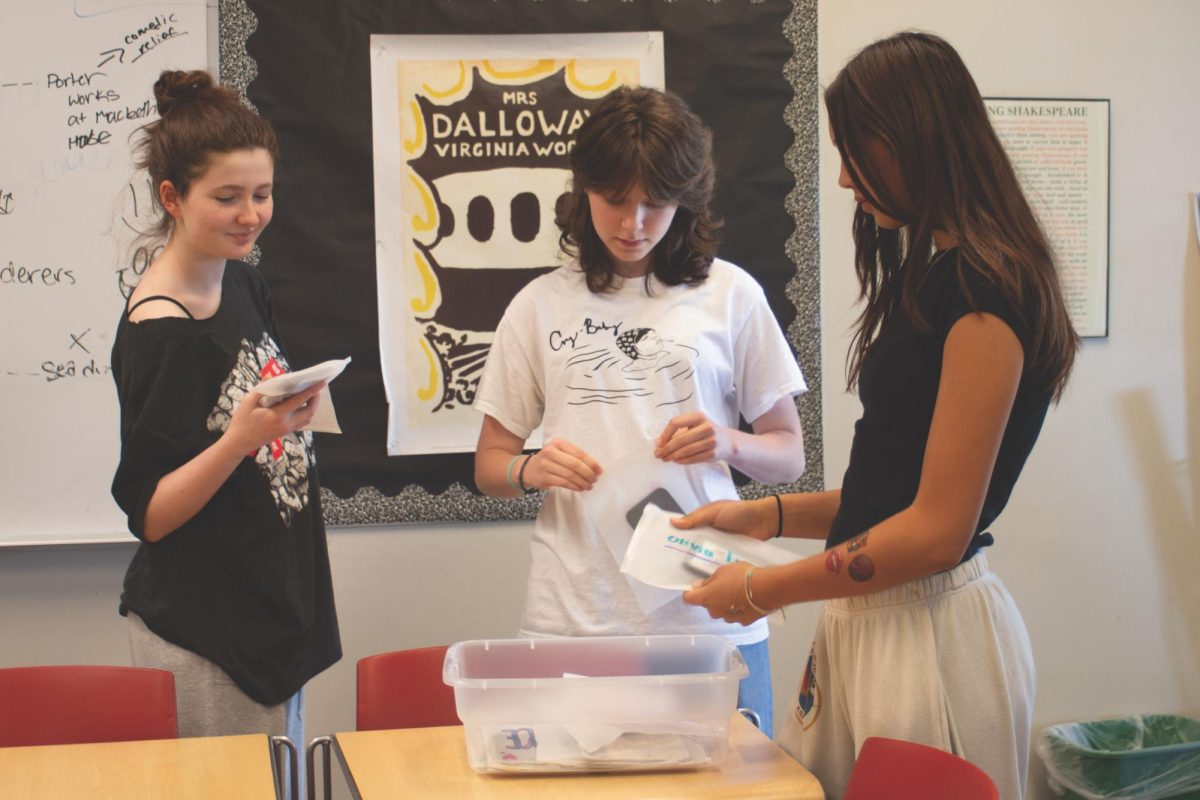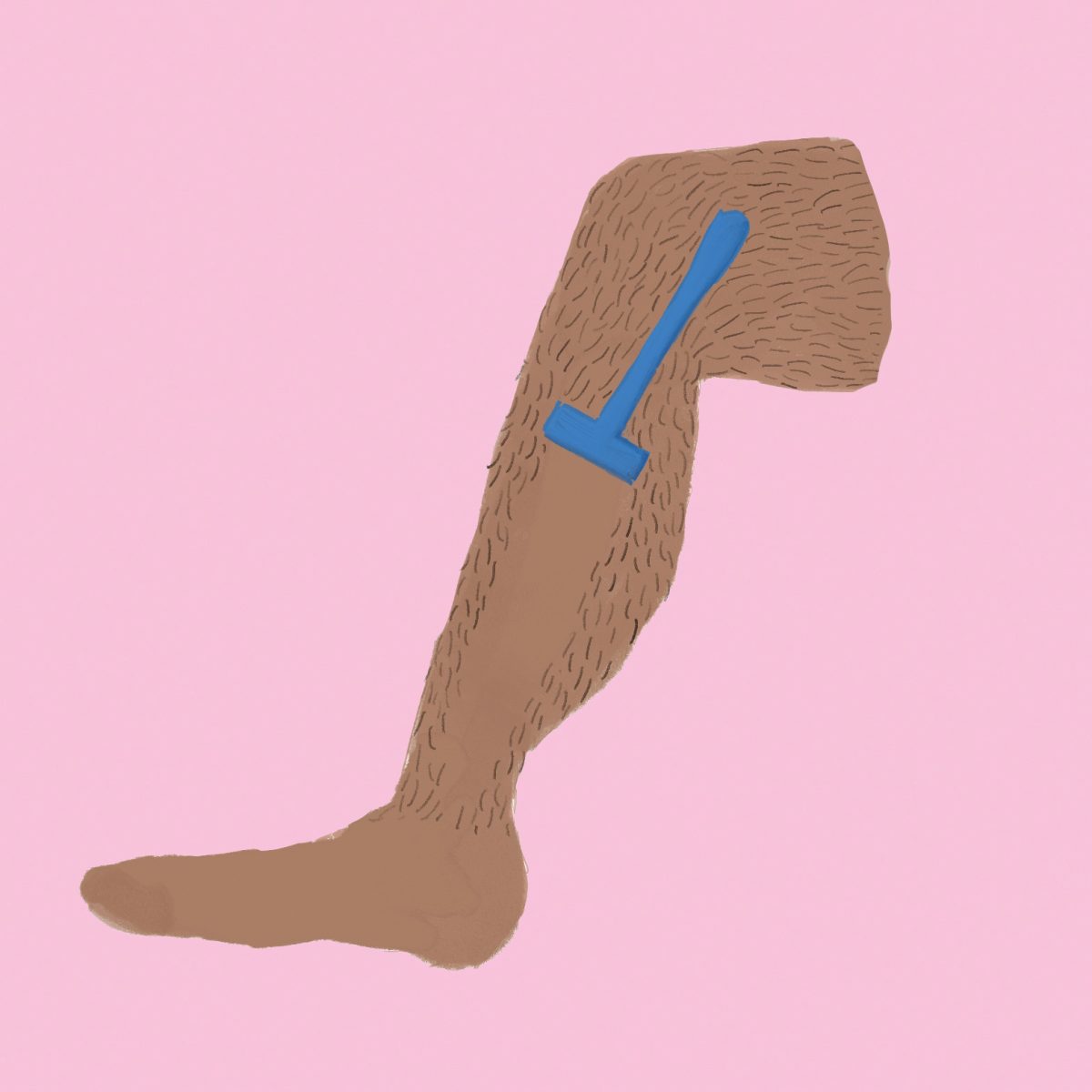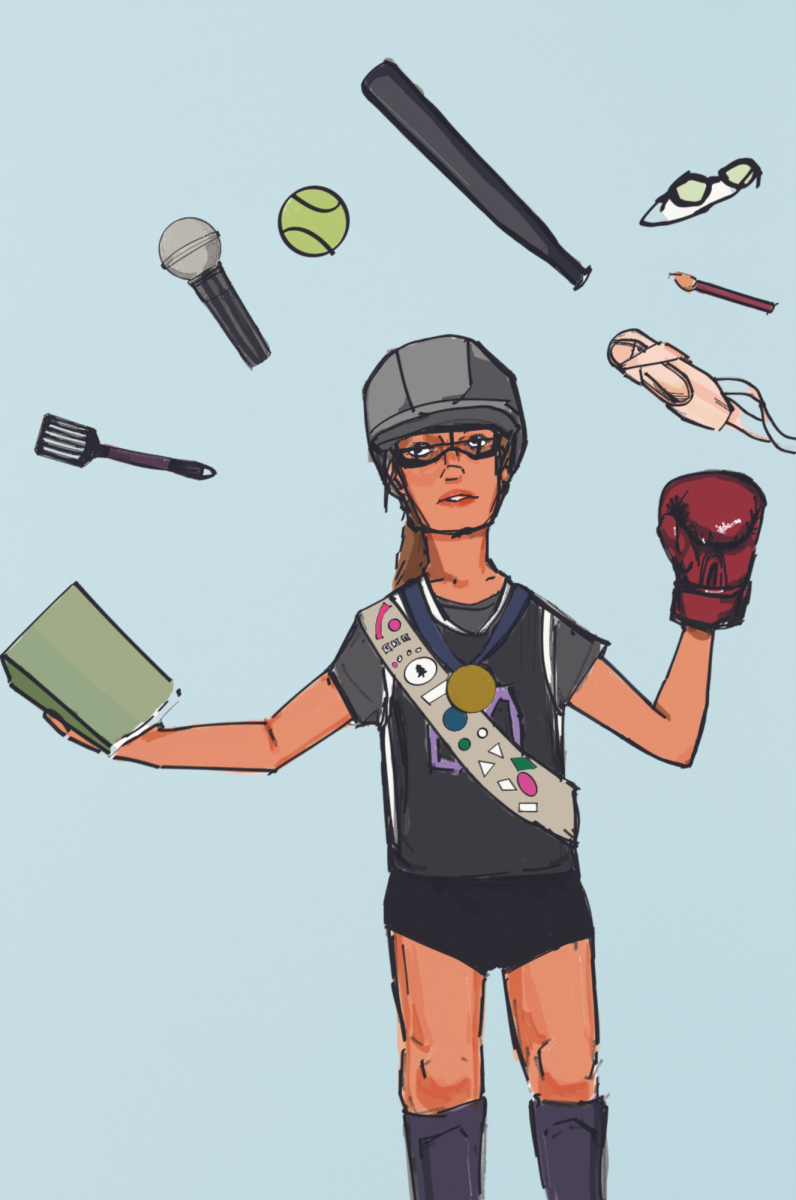
By Alex ’13
When I was younger, I started to notice that one of my closest friends became very generous with her lunches. Whenever she was questioned if she was hungry, she would say that she always ate a huge snack when she got home so we shouldn’t worry. After a while, many people began to take notice. We approached her mom, who claimed that there was no problem whatsoever, clearly in denial that her daughter had any problem. For more than a year, I watched helplessly as my friend’s bones became almost visible and her stomach revoltingly concave. Ultimately, her mom awoke from denial and sought help for her daughter. After that experience, I became a trained Listener on a teen crisis hotline. Using my background, I hope to provide you with information on how to recognize and address various crises that may affect you or an acquaintance.
Anorexia is not a physical disease, but rather an emotional one, characterized by self-starvation and obsession with thinness. Though mental at its core, it can nonetheless precipitate serious physical consequences: ranging from thinning hair and low blood pressure to kidney failure and death. Aside from the most obvious observable symptom—extremely low body weight—usually a girl suffering from anorexia manifests an obsessive preoccupation with food and has an intense dissatisfaction with her body size. Furthermore, she tends to over-exercise and experience personality changes, possibly including depression and low self-esteem.
Unlike the full-figured frame of past icons like Marilyn Monroe, the modern image of a size zero supermodel or actress instills unrealistic standards of beauty. These impractical expectations provoke low self-esteem and poor body image, sometimes resulting in anorexia. However, a variety of potential catalysts can bring on anorexia; for example, a common trigger is a stressful life event. For others, a restrictive diet can help a person gain a feeling of control over their life when everything else feels out of their grasp. For some, obsessing about food intake helps to focus attention away from an issue that feels too painful to address directly.
How to approach a friend:
Approaching a friend or acquaintance who is possibly suffering from anorexia can be tricky. People experiencing this disorder often deny having a problem. It is best to approach the situation gently, by conveying your concern and your desire to help. Stay away from talking about weight or specific eating patterns, and try to steer the conversation towards what your friend may be feeling. Explain what you have noticed (not hanging out as much with your group of friends; a persistent sad mood) and let your friend know you are there if he or she wants to talk about anything. Offer your support, but also suggest that your friend seek professional aid or talk to a trusted adult. It is important that your friend makes an independent decision to seek help and change. If he or she seems unresponsive to your concern, you may consider reaching out to a trusted adult, organization, parent or school counselor to voice your worries.
Resources:
EDAP, or the Eating Disorder Awareness and Prevention Organization is a toll-free helpline to connect people with resources, information, or referrals to national and local treatment providers. They are open Monday and Tuesday from 8:30 AM to 4:30PM PST and on Wednesday and Thursday from 8:30 AM to 5:00 PM PST. You can reach them at 800-931-2237 or visit their website, www.edap.org or www.nationaleatingdisorders.org.
TEEN LINE is an organization designed for teenagers who want to talk to a peer who will understand what they are going through and listen without judgment. Available from 6:00 PM to 10:00 PM PST, TEEN LINE is open for online chat, e-mails and calls at 310-855-4673.







